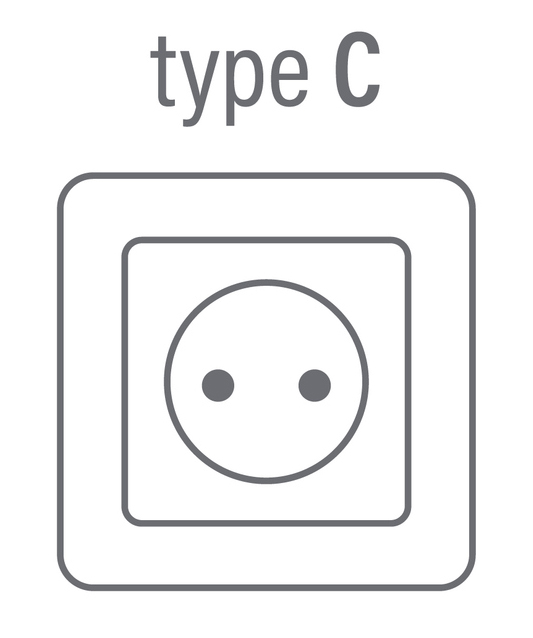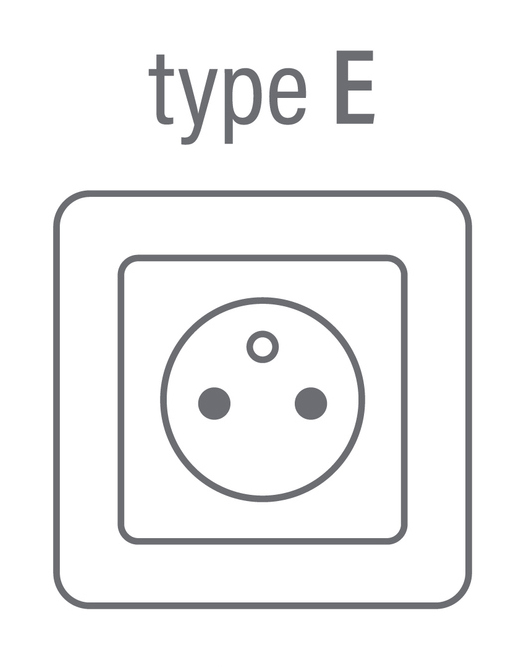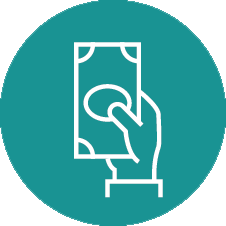Morocco
![]()
TRAVEL INFORMATION QUICK LINKS
Navigate your travels seamlessly with vital information on passport and visa requirements, plug types, currency exchange, and other essential details to make your journey hassle-free.
Stay informed and prepared for your journey with these essential health and safety tips to ensure a smooth and worry-free travel experience.
A handy guide offering suggested tipping amounts to enhance your travel experiences with ease and respect for local customs.
Prepare for your adventure with insights into the weather of your destination, offering valuable information to help you pack and plan accordingly for a comfortable and enjoyable journey.

ESSENTIAL TRAVEL INFORMATION
PASSPORT REQUIREMENTS
- A valid passport is required for US citizens to enter Morocco and must be valid for at least six months from date of entry.
- A minimum of two blank visa pages in addition to the endorsement and amendment pages in the back of the passport is required for entry.
VISA REQUIREMENTS
- A visa is not required for a stay of less than ninety days.
- Read more at: US Department of State Profile for Morocco
LANGUAGE
- Moroccan Arabic is the dominant language.
- Berber is spoken by the Berber population.
- French is widely understood.
- English is only understood in tourist centers.
CURRENCY
- The Moroccan unit of currency is the Dirham (MAD).
- Morocco is a largely cash-based society, and you should plan to use local currency for most transactions.
- Visa and MasterCard are widely accepted in tourist areas, but expect a 5-10% surcharge to be added to your bill for credit card processing fees.
- American Express is rarely accepted outside of high-end hotels.
TIME ZONE:
- GMT +0
VOLTAGE:
- Newer buildings 220V/50 Hz
- In older buildings 110V/50 Hz
PLUG TYPE:
Morocco uses Type C and Type E plugs.

IMPORT & EXPORT RESTRICTIONS
Adult visitors to Morocco may import the following free of charge:- 200 cigarettes or 50 cigars or 400 g of tobacco
- 1 liter of spirits and 1 liter of wine
- 5 grams of perfume
- Sporting guns and ammunition with proper permits
- Note that the export of Moroccan currency is prohibited, and Moroccan currency can only be converted back to USD if you carry the bank or money transfer receipt indicating it was originally converted to MAD within Morocco.
- For detailed import and export regulations, please consult the IATA Travel Centre.

TRAVELERS’ HEALTH & SAFETY
REQUIRED IMMUNIZATIONS
- Please visit the CDC.gov website for recommended immunizations to visit Morocco.
OTHER SAFETY NOTES
- Those with heart conditions should be aware that they might be traveling at high elevations, above 7,000 feet, depending on their itinerary. Please consult your doctor to determine if high altitude travel is safe for you. The High Atlas Mountains have an average elevation over 10,000 feet.
- Terrorism is an increased risk in Morocco, but Morocco is a key counterterrorism partner of the US, with capable security infrastructure to guard against such attacks. Enroll in STEP to get the latest security updates while you travel and to help embassy staff contact you in an emergency.
- Street crime in cities is not uncommon and may target foreign citizens. Take appropriate precautions by hiding valuables and only make use of transportation arranged by Ker & Downey or your hotel.
LOCAL LAWS AND CULTURAL CONSIDERATIONS
- Accessibility: Individuals with disabilities will find accessibility and accommodations very different from what is customary in the US.
- Citizenship: Morocco considers all individuals who have a Moroccan father to be Moroccan, and dual citizens may have special obligations imposed upon them.
- Laundry: Some properties will not be able to launder underwear due to cultural differences. Pack extra.
- LGBTQIA+: Consensual same-sex sexual relations are criminalized in Morocco.
- Photography: Travelers should avoid photographing palaces, diplomatic missions, government buildings, or other buildings that could be perceived to be "sensitive".
- Prescription drugs: Please contact the embassy for specific questions about your prescription medications. DO NOT attempt to bring cannabis-derived products into or out of Morocco.
- Religion: Islam is the official religion, but the constitution allows for the freedom to practice one's religion without interference. However, religious proselytizing is prohibited in all forms.
- Tap water: Tap water may not be potable in all regions. Do not drink tap water without confirming it is safe to drink.

GRATUITIES
- Airport assistance: 100 MAD per service
- Hotel porter: 20 MAD per bag
- Transfer: 100 MAD per transfer (all guests)
- Guide – full day: 550 MAD per day
- Guide – half day: 300 MAD per day
- Driver – full day: 400 MAD per day
- Driver – half day: 200 MAD per day
- Resort/lodge/camp staff: 100 MAD per day
- Resort/lodge/camp guide: 150 MAD per day
- Restaurants: 10-18% of total bill

WEATHER
- During winter, coastal areas such as Casablanca and Rabat experience mild and wet conditions, with average daytime temperatures ranging from 12°C to 18°C (54°F to 64°F).
- In the interior regions and higher altitudes, such as in Marrakech and the Atlas Mountains, temperatures can be cooler, averaging between 5°C to 15°C (41°F to 59°F).
- Snowfall is common in the Atlas Mountains, making it a popular destination for winter sports.
- Spring in Morocco is generally pleasant, with rising temperatures and blooming landscapes.
- Coastal regions experience temperatures between 15°C to 22°C (59°F to 72°F), while interior regions like Marrakech see temperatures ranging from 15°C to 25°C (59°F to 77°F).
- This is an ideal time to visit for sightseeing and outdoor activities as the weather is comfortable and the scenery is vibrant.
- Summers in Morocco can be hot, especially in the interior and desert regions.
- Coastal areas remain relatively cooler, with temperatures averaging 20°C to 25°C (68°F to 77°F).
- In cities like Marrakech and Fez, temperatures can soar to 35°C to 40°C (95°F to 104°F) or higher.
- The Sahara Desert experiences extreme heat, with daytime temperatures often exceeding 45°C (113°F).
- However, evenings can be cooler, providing some relief from the daytime heat.
- Autumn is another favorable season to visit Morocco, with temperatures gradually cooling down.
- Coastal regions experience temperatures between 18°C to 24°C (64°F to 75°F), while interior regions see temperatures ranging from 20°C to 30°C (68°F to 86°F).
- The weather is generally dry and pleasant, making it a great time for exploring the country and engaging in outdoor activities.